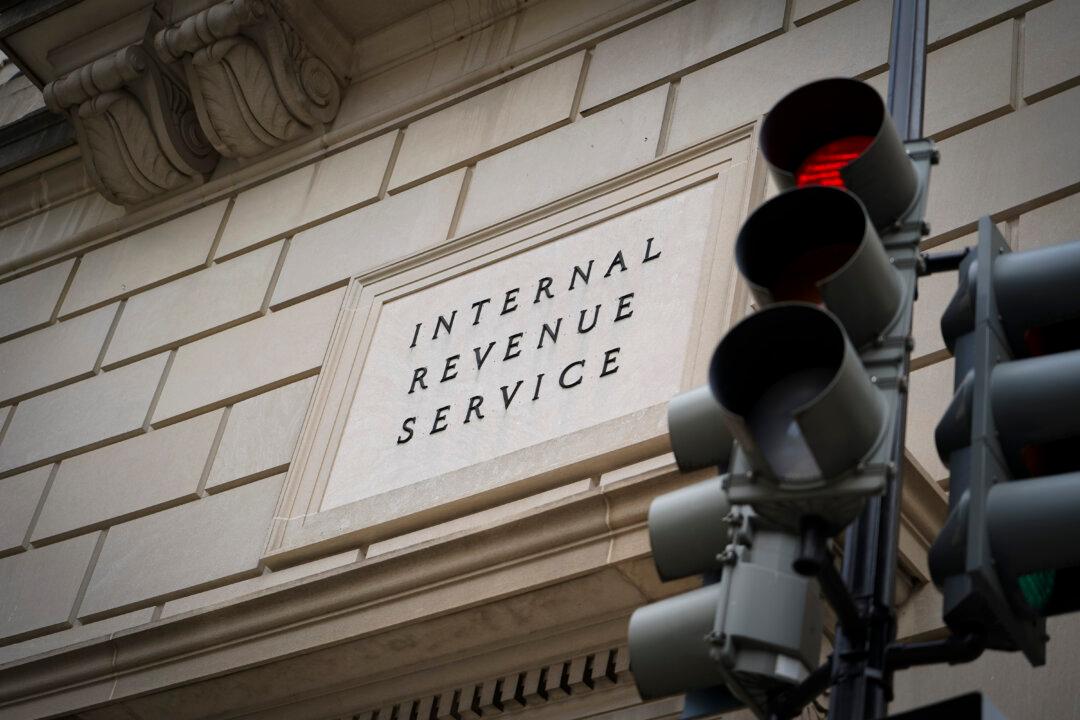The Internal Revenue Service (IRS) is set on promoting “fairness and accuracy” and has taken steps to reduce audit rate disparities after reports emerged that the federal agency inadvertently audits black taxpayers at significantly higher rates than non-black Americans.
IRS Commissioner Daniel Werfel said in a Sept. 18 letter (pdf) to Senate Finance Committee Chairman Ron Wyden (D-Ore.) that the agency has implemented various changes aimed at reducing racial disparities while simultaneously focusing more on wealthy tax evaders and “bad actors” who “contribute significantly to the tax gap.”




